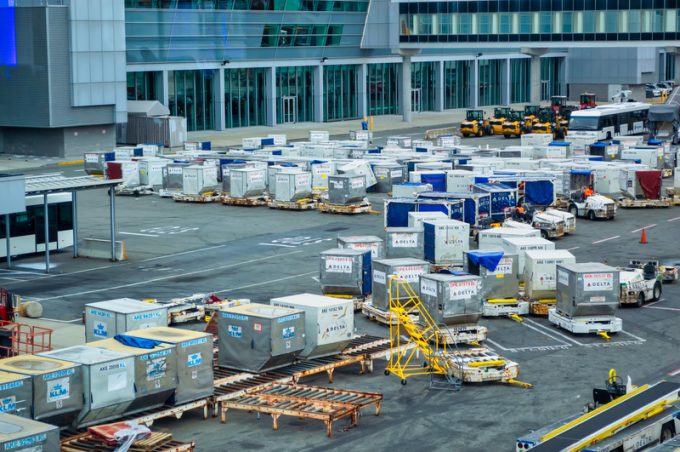European port congestion now at five-to-six days, and getting worse
European port congestion continues to worsen, with workforce constraints “exceeding forecasts” in Bremerhaven, and stakeholders ...

US shippers are now facing severe airport congestion – New York’s JFK and Los Angeles seeing delays of up to two weeks to recover cargo, in some cases.
“We are truly struggling with the air product, in JFK especially,” said one US freight forwarder. “There is huge ...
Predatory rivals circle as the ripples from DSV's Schenker buy widen
MSC Elsa crew face criminal probe, as Wan Hai 503 firefighters battle on
Latest Israeli attack on Iran a threat to box ships in Straits of Hormuz
Industry concerns rise after yet another box ship on fire off Indian coast
'It's driving us mad', say forwarders as US court fails to end tariff turmoil
European port congestion easing – for now
More legal trouble in India for MSC: feeder vessel detained after box ship disasters
MSC to hold 15% global container terminal market share after Hutch buy
EXCLUSIVE: The good old DSV, 'Winning as One' – all Schenker top dogs out (Part 2)
EXCLUSIVE: Schenker top exec departs 'One DSV' – fishing continues (Part 1)
DHL makes €500m bid to increase its presence in 'fast-growing Gulf markets'

Comment on this article